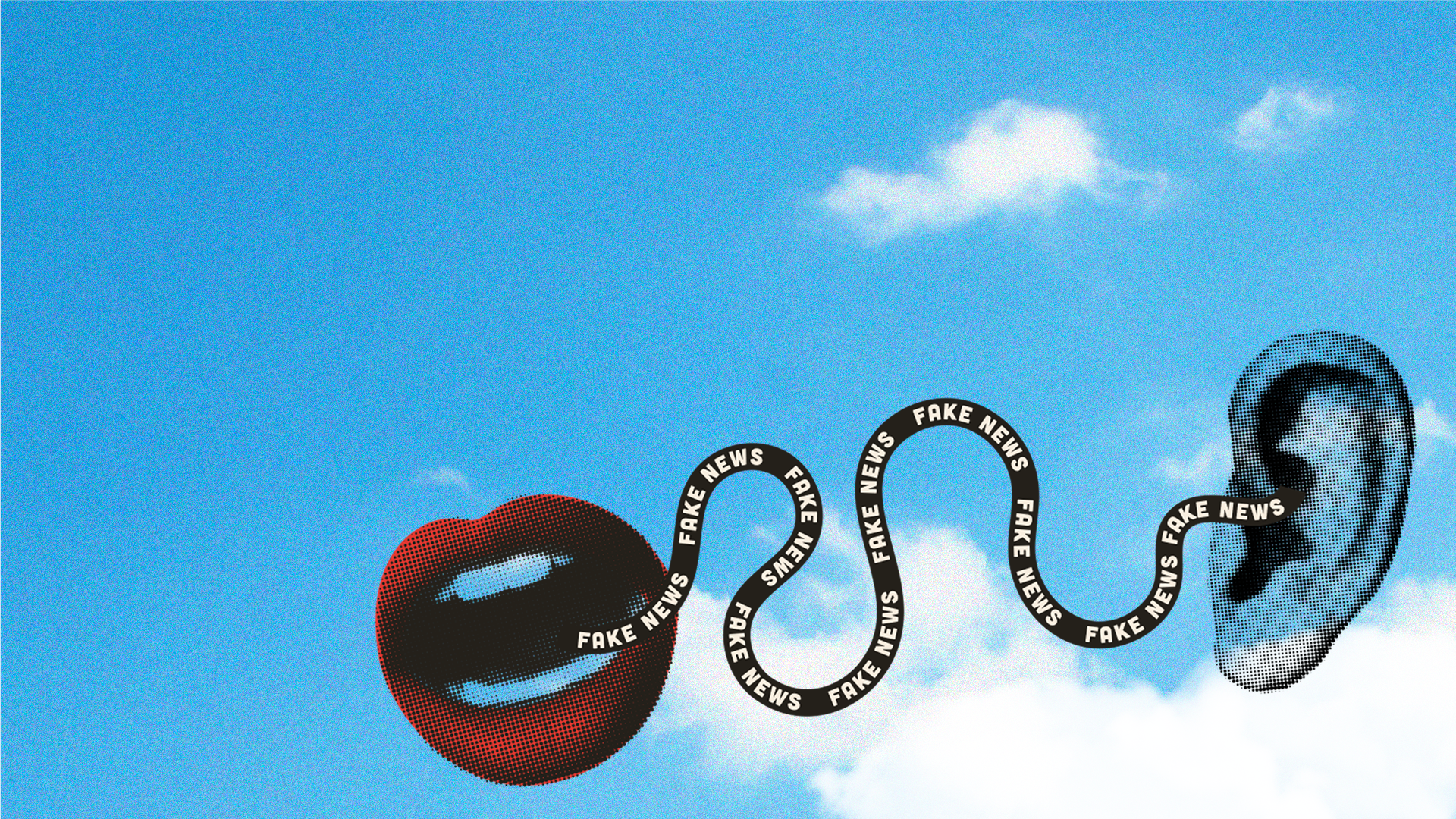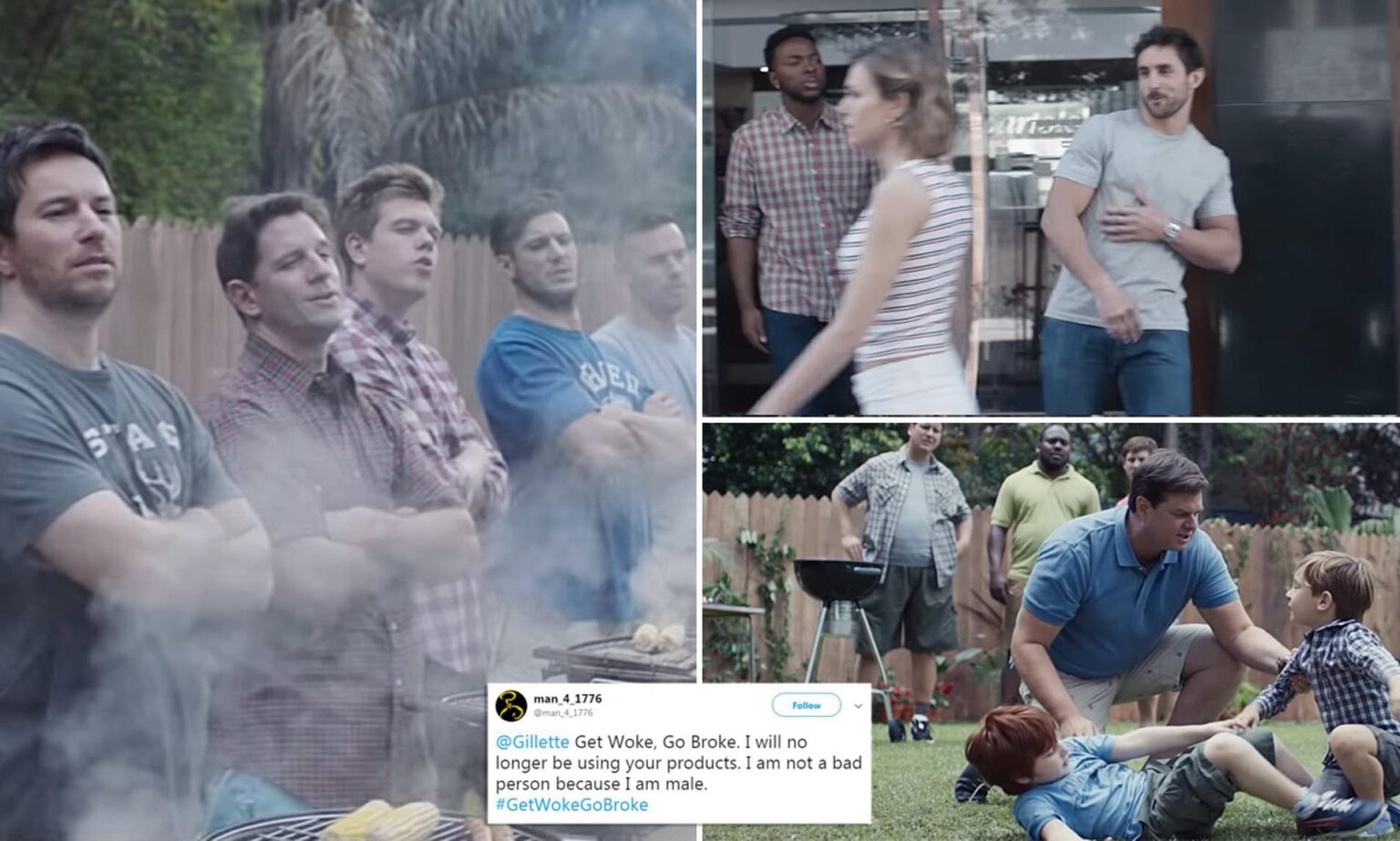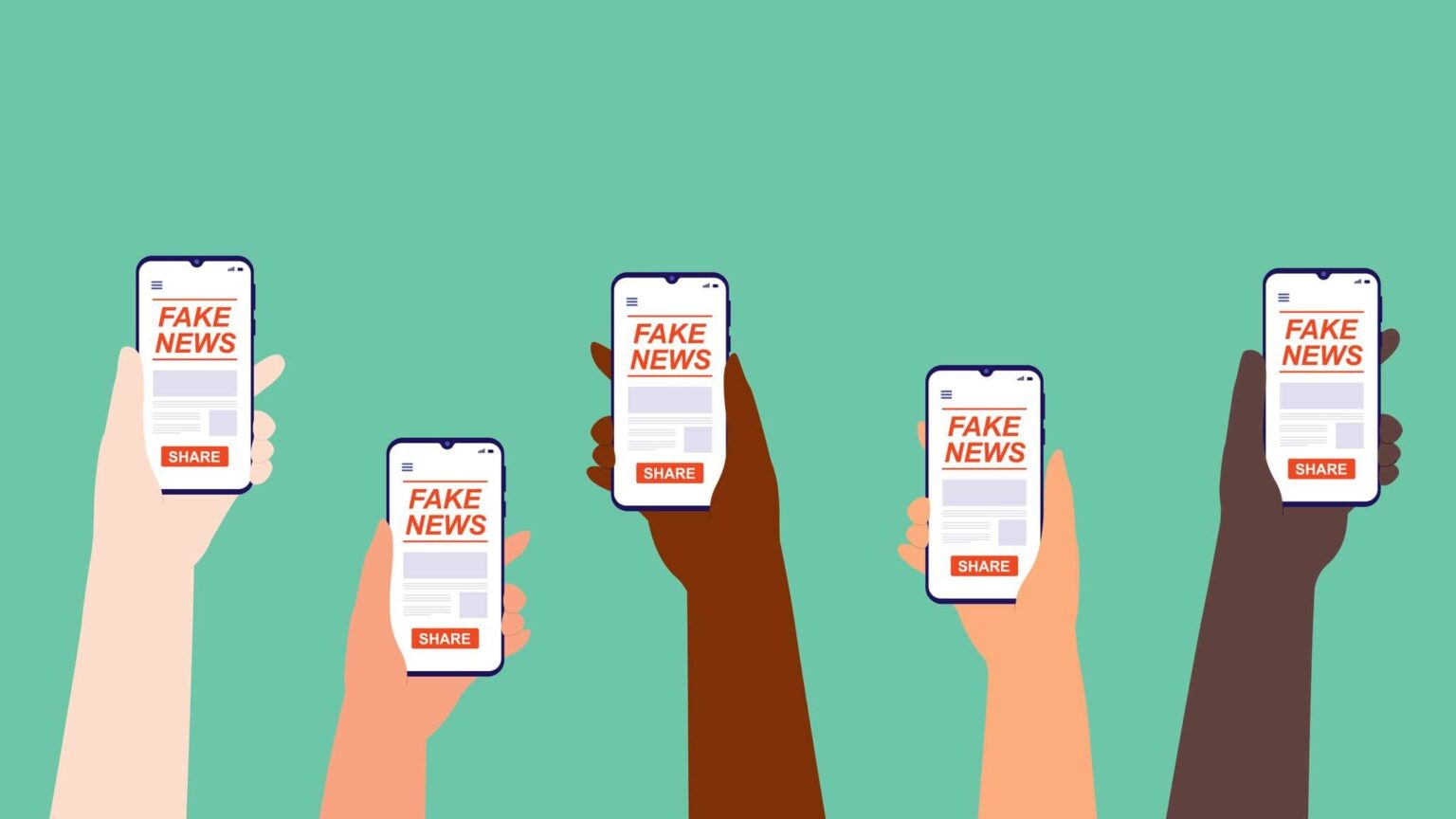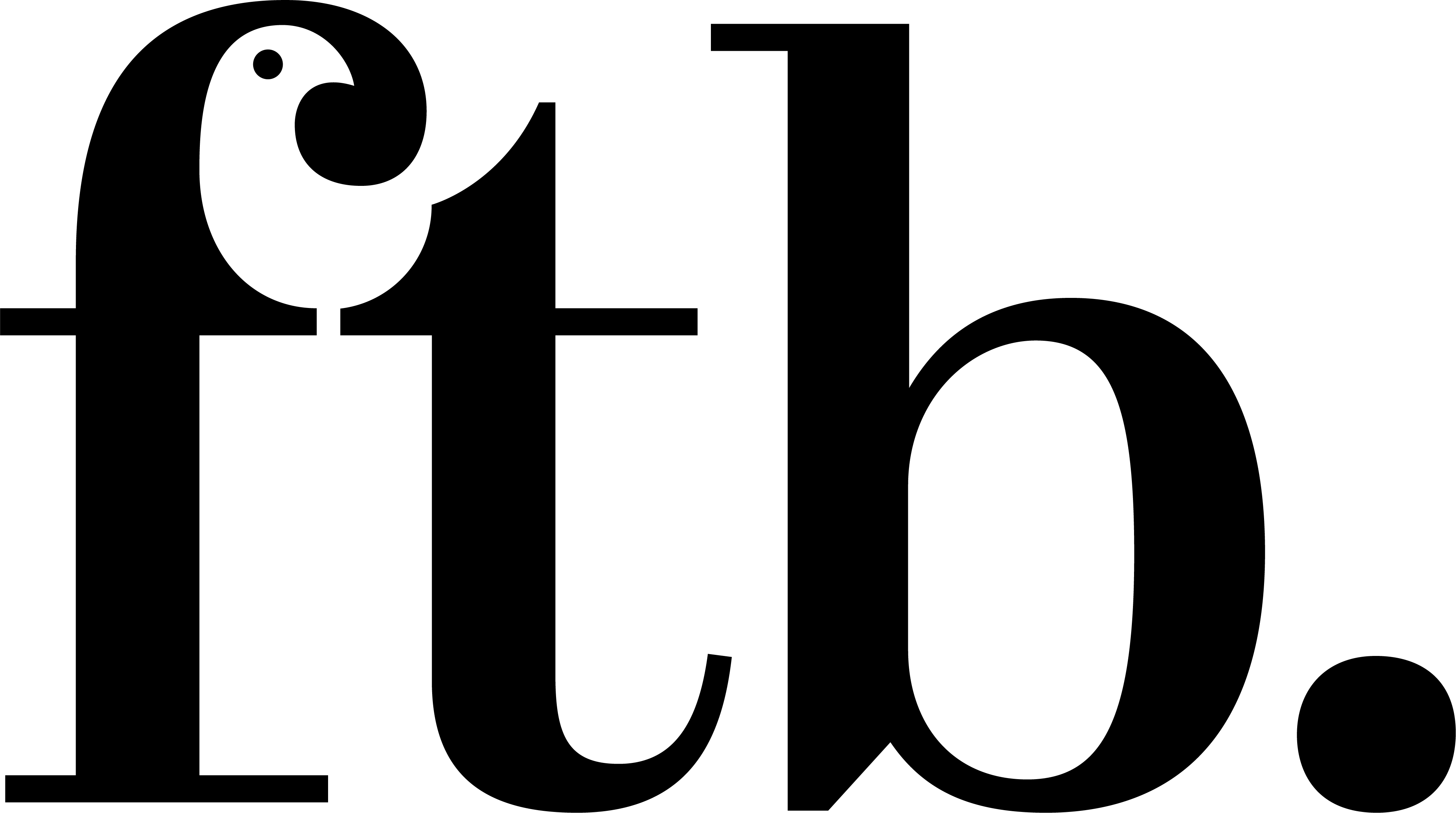Beautiful Thinking.





Everybody loves a good story, whether we’re gossiping around the water cooler telling tales, bingeing on the latest boxset, buried in a book or plugged into our favourite podcast.
But as we continue to wage war against fake news and sort the wheat from the chaff in the maelstrom of messages bombarding us every day online and in the media, I’d argue that authentic stories, and this applies to brands, are more important than ever. After all, they’re the ones we buy into, that get us hooked.
Right now, if you’re going to tell stories, it’s not enough just to make sure that they’re engaging and interesting and you’d better not play fast and loose with the truth
It’s why I struggle to believe anything Theresa May says about Brexit after she campaigned to remain and has consistently lied in the pursuit of her deal ever since – there’s no authenticity in anything she says.
Authentic stories are vital to us as humans. Not only is storytelling one of the most ancient art forms, whether it’s cave paintings or the rudimentary sculptures we made tens of thousands of years ago. Experts say it was key to our evolution.
Telling authentic stories is a powerful means of engendering social cooperation and teaching social norms. When we arrived in Europe from Africa, storytelling meant we forged organised communities while the already resident Neanderthals could not. Our strength in social groups pushed the Neanderthals to extinction some 40,000 years ago, ensuring homo sapiens’ survival.
It’s always seemed right that, if you’re going to tell stories, you have to make sure that there is enough truth in them to engage your listener. And this is the same for brands, there should be an authentic brand story.
In fact, with our increasing thirst for truth, Microsoft’s mobile browser now alerts readers when a news source is not to be trusted. In a move that’s been widely applauded, the Competition and Markets Authority last week cracked down on 16 social media celebrities including Rita Ora, Ellie Goulding, Alexa Chung and Zoella for sharing posts that they failed to declare clearly as adverts – they’ve been warned they could face jail if they try and mislead their millions of followers again.
The recent backlash against brands like Gillette and Iceland after they were all called out for ‘woke washing’ also shows how much we demand authentic brand stories now more than ever.
As it happens, I’ve long been an evangelist that you can only love a brand – whether that’s a company or celebrity or someone’s personal ‘brand’ online – if they’ve got an authentic brand story that’s engaging and ultimately true.


For example, I love the story of Lea and Perrins Worcestershire sauce. In 1830s, a Worcester nobleman returned from India and wanted Worcester chemists John Lea and William Perrins to recreate it.
However, once they made it, it tasted disgusting so they promptly forgot about it. It wasn’t until the barrels were rediscovered many months later that the taste had mellowed into what I splash on my cheese on toast today. Look at a bottle in your kitchen cupboard and you’ll see the label is all about celebrating its history. They’ve stayed true to themselves.
It’s why the Gillette ‘woke’ ad was so laughable when they had spent decades telling the story that using their razors was oh so macho.
It may also be why our country is so divided over Brexit right now as each side is telling a different story and neither side finds the other’s authentic.
As published in Prolific London
